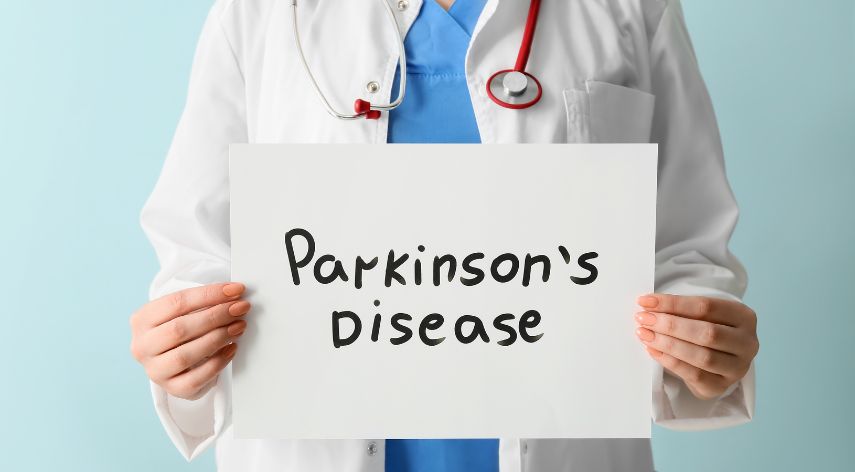Different Types of Medical Facility for Different Medical Needs
When in a medical need, you can either go to your family physician, urgent care unit, retail clinic or emergency medical room. The question is which option will be best suited in which condition?
Let’s start with emergency rooms. This is certainly not the place to go for routine care. Doctors associated with a private walk-in clinic in London suggest, you should only go to an emergency room after going through a severe trauma – like a road accident, dislocated joints and broken bones.
Apart from trauma-related cases, emergency medical rooms also cater to cases like severe pain, sudden and severe headache, severe flu, heart attack symptoms including heavy chest pain, acute shortness of breath, sudden clumsiness or fainting, vaginal bleeding in pregnant women, deep cuts and many more. New born babies or those under 3 months suffering from 100.4 degree body temperature or higher must be rushed to emergency rooms.
Table of Contents
ToggleThe pros of going to emergency rooms include the following:
- You don’t have to wait for the treatment.
- Doctors and support staffs attending emergency rooms are equipped to handle almost any kind of medical condition.
However, treatment in medical emergency rooms are usually very costly.
The medical experts and support staffs hardly have any clue about your medical history. That might lead to complication in certain cases.
Urgent care units
You need to visit an urgent care medical center when you suffer from any injury or illness, which is not life-threatening but at the same time needs immediate medical intervention. Some of these conditions include allergic reactions, ear pain, painful urination, diarrhea, vomiting, minor trauma and shallow cut or wound.
Point to note:
If you suffer from any non life-threatening medical condition during the normal business hours of your general practitioner, it is better to visit him or her. The GP’s office may fit you in with a same-day appointment to make things easier for you. Moreover, your GP knows your entire medical history. Therefore, the chances of treatment complications hardly arise in such cases.
The pros of going to urgent care units include the following:
- They usually stay open in evenings as well as on weekends.
- They keep you waiting lesser time.
On the flip side, you’re more likely to see a doctor’s assistant or a nurse practitioner at any urgent care medical unit.
Moreover, they don’t have access to your full medical history.
General practitioners or family doctors play a vital role in the entire healthcare system. You can visit them while suffering from conditions like sore throat, ear infection, cold and cough, flu, skin problems, urinary tract infection and minor injuries resulting in sprains and bruises. Experts associated with a walk in clinic say, your family doctor can also coordinate your medical care for many chronic medical conditions including asthma, allergies, COPD, arthritis, heart diseases, obesity, diabetes and high blood pressure.
Recommended For You
Spread the love Are you striving to lose weight without sacrificing your health? With weight loss advice seemingly coming from
Spread the love Seniors with Parkinson’s disease (PD) can lead satisfying lives, even though there is currently no cure for
Spread the love Have you ever stumbled upon an IP address that seems to be shrouded in mystery? One such





